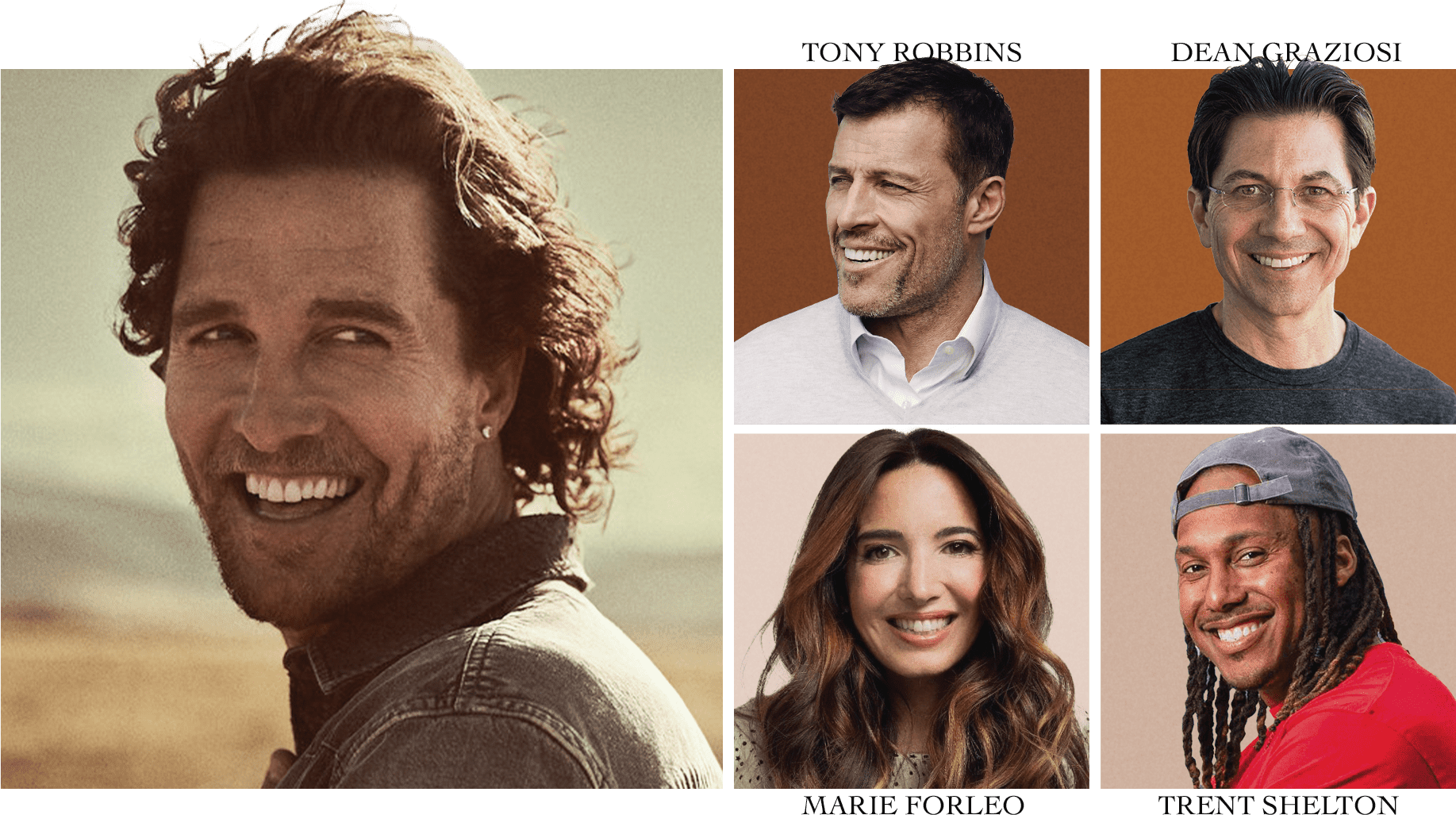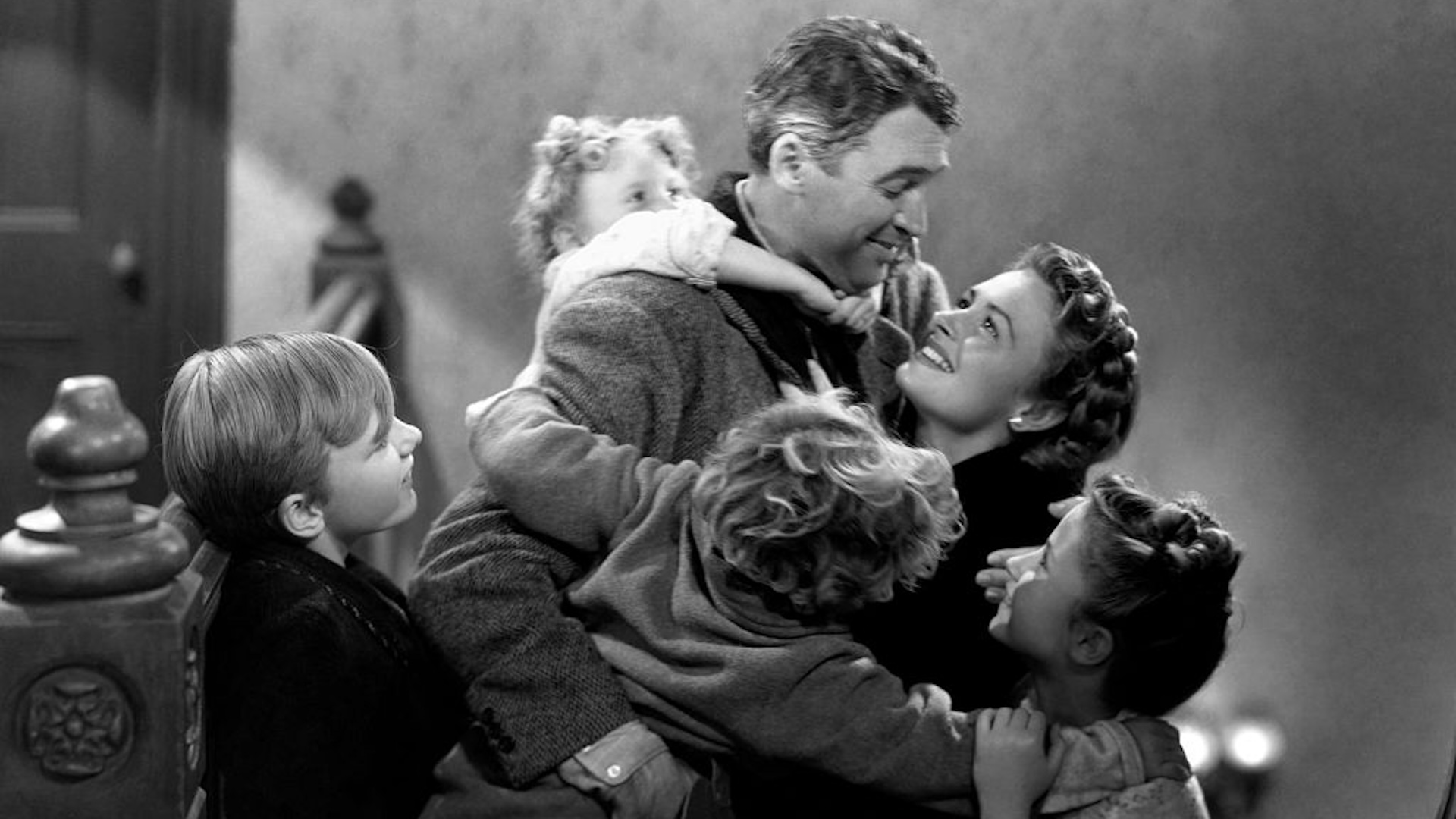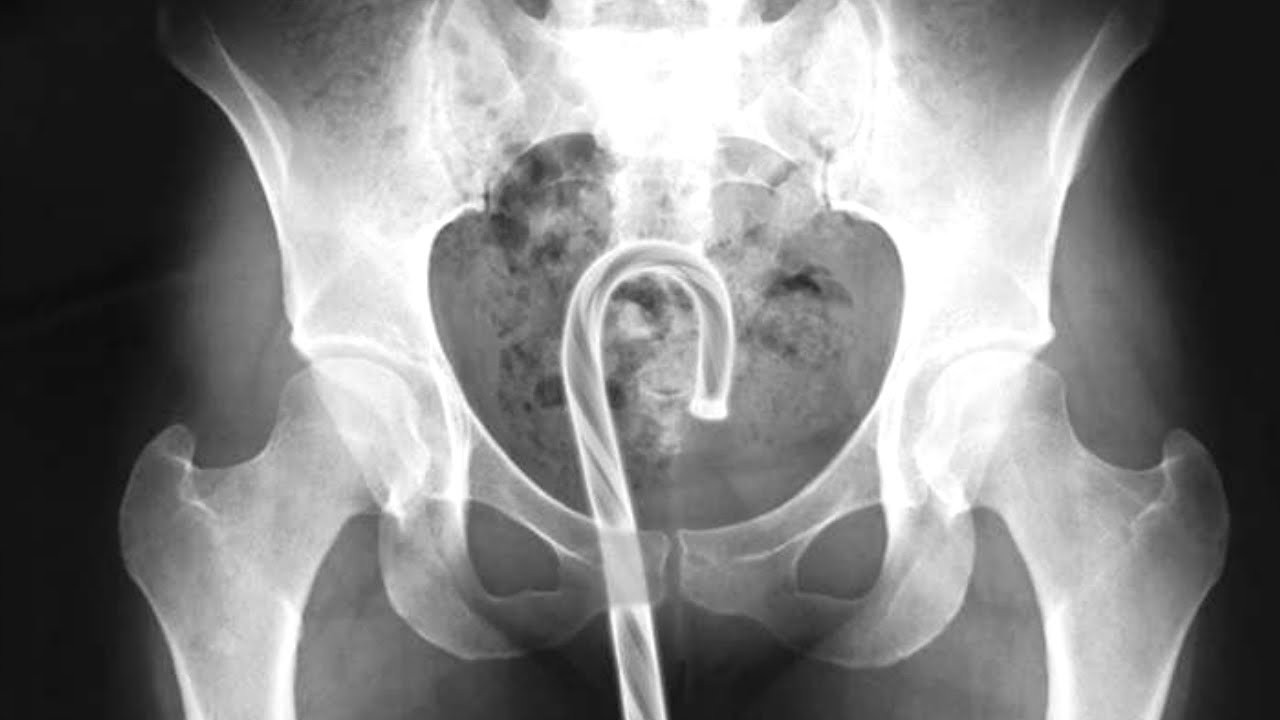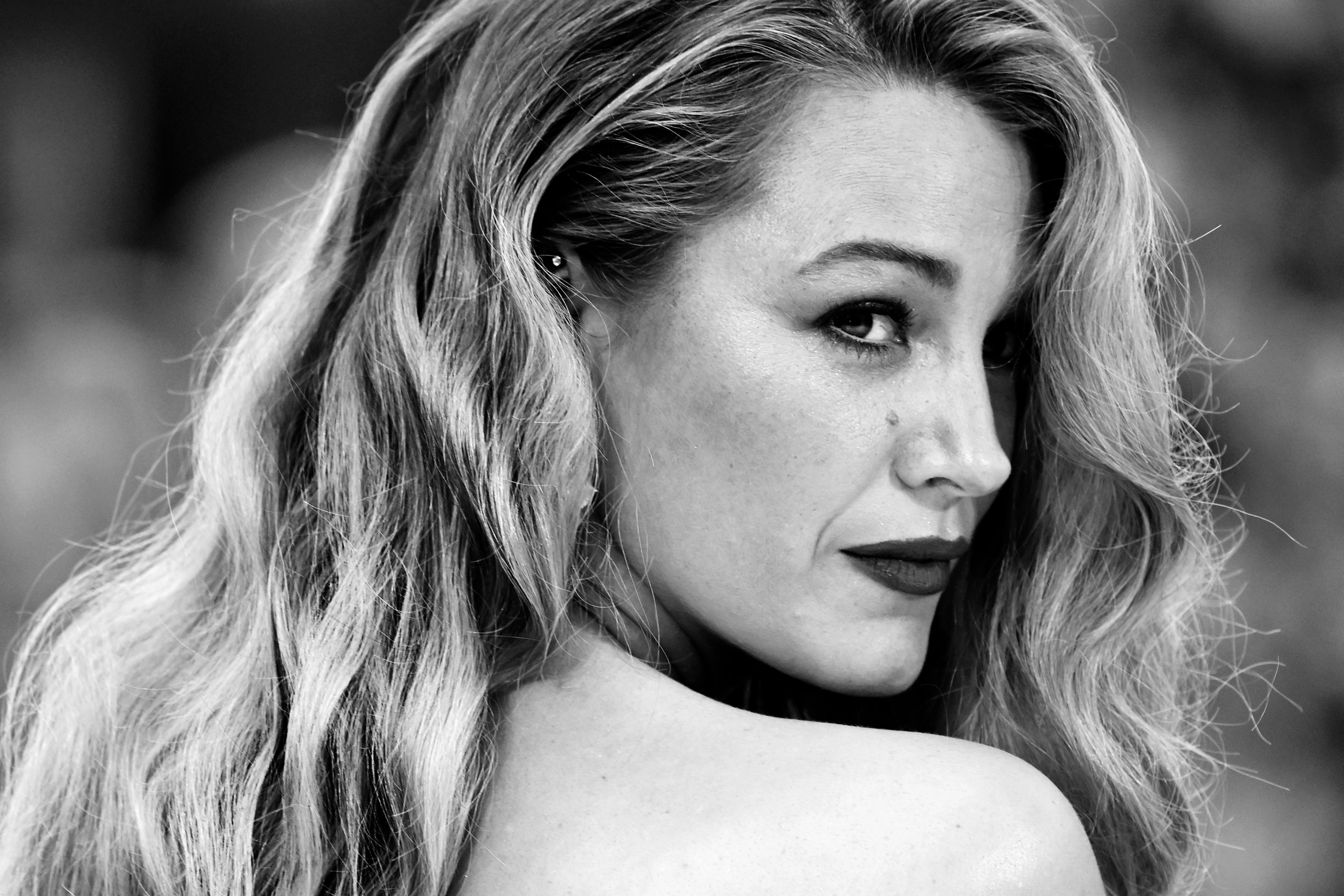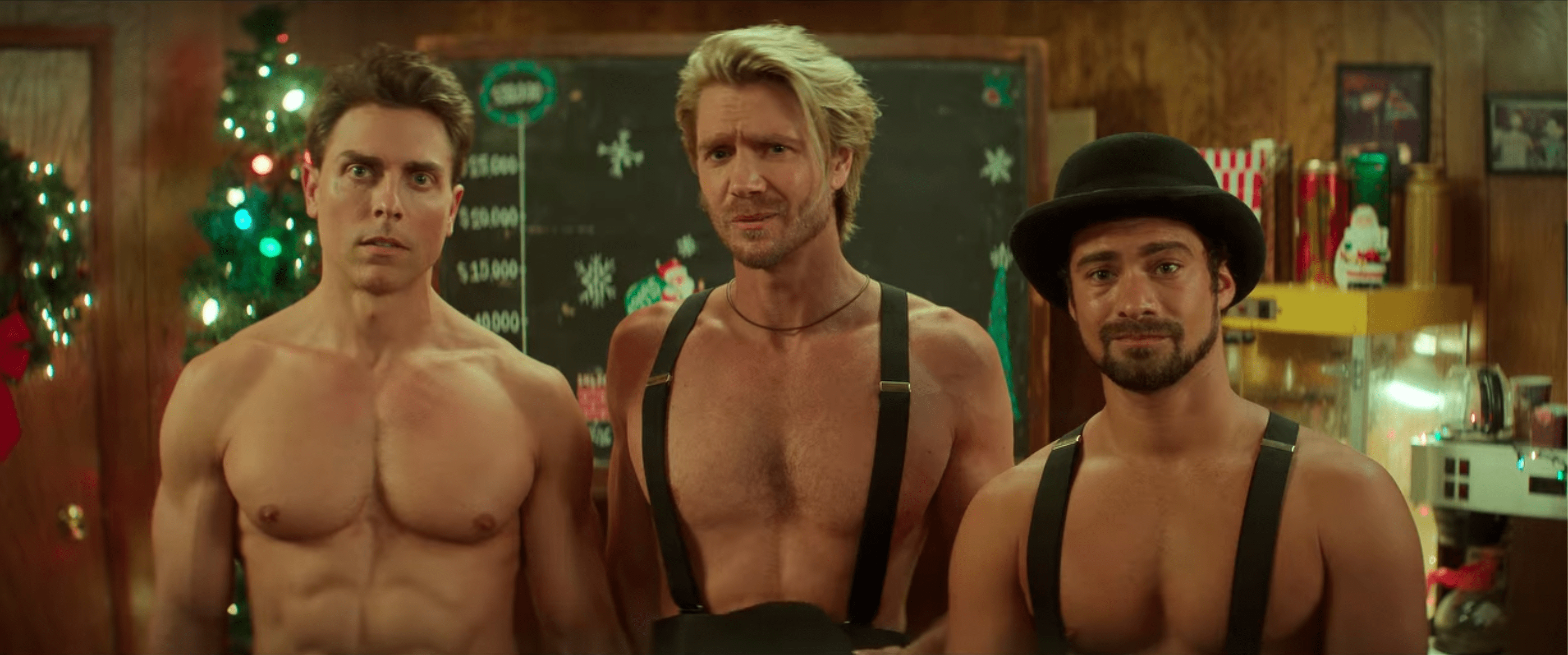One of the first movies I ever saw Matthew McConaughey in was Texas Chainsaw Massacre: The Next Generation, where he plays a serial killer, and then Frailty, where he plays another serial killer, and then Reign of Fire, where he plays a bald adrenaline junkie who fights dragons. I saw the others, too, the ones before he really became a bona fide leading man: Sahara, EDtv, We Are Marshall, Dazed and Confused. Some actors don’t engender much genuine curiosity from fans and the media about their careers, but McConaughey is truly odd. He’s played pretty much every type of guy there is to play and, for a minute there, he wasn’t afraid to lean into the darker end of things, using his good looks and charm to offset, even subvert, the expectations of his character. Famously, in Killer Joe, McConaughey plays the titular psycho who, in one scene, forces a young woman to fellate a chicken wing he holds in front of his crotch while he pretends to come. I kept thinking about that during McConaughey’s latest performance, as a bongo-playing, wellness-shilling life coach during something called “The Art of Livin’.”
I’d heard of the “Art of Livin’” in a fugue state while trying to fall asleep on the floor of a spare room in my grandparents’ house. YouTube was pulled up on my phone and McConaughey started talking to me before I noticed he wasn’t supposed to be in the video I meant to watch. The ad, which was both confusingly brief and, thanks to the actor’s familiar drawl, weirdly slow, talked about a once-in-a-lifetime virtual event that would include McConaughey, a bunch of business lifestyle gurus I’d never heard of, and Tony Robbins, the god of self-help himself. “Don’t miss this!” said McConaughey, ever-tan, gesticulating wildly, a soft grin on his face, from what looked like a scaled-down replica of a QVC studio. The event was free, I had the day in question off, I was sleep-deprived, I signed up.
I’d never attended one of these seminars before, but I’d seen the occasional clip. Thousands of rapturous white people in a huge room listening to someone with gleaming white teeth, huge watch, business casual clothing, one of those thin little headset mics, and something to sell. I had been to megachurches and prayer camps before, and the similarities between the two were obvious (bad Christian Rock, lots of Amens, so much crying, communal confession and redemption, cameras everywhere). Having grown up Catholic, the peculiarities of Protestantism continue to fascinate and bewilder me. At events like the Art of Livin’, what amounts to preaching is only tweaked by swapping out God for the self, or the economy, or society, or magical thinking. Any of these things can be saviors or demons. It only depends on your mindset, your attitude, and your willingness to transform and “put in the work”.
That work started with email blasts from Team McConaughey, the entity behind the Art of Livin’, made up of a variety of unseen web designers, camera crew, outreach personnel, and handlers, all constantly referred to throughout the program like specters haunting a graveyard. I would characterize these emails and the endless follow-ups as manic, even paranoid. After I signed up for what they stressed would be an unprecedented, insane, against all-judgment free event, I was immediately told to save the date, time, and requisite video link on my phone, a notebook, anything I could find, then join the Facebook group, then tell my friends and family. I was also invited to upgrade my spot on the list to a $64 FastPass ticket, as if I was preparing to cut the line in a sort of Splash Mountain of the Soul. “Remember, this is YOUR life Nicholas. No one else’s. So it’s about time you start livin’ it the way YOU want to. No more settling. No more wondering if this is all there is…You know there’s MORE for you…and you just took the first step to gettin’ it.” Team McConaughey tended to enthusiastically, if inconsistently, adopt a sort of McConaughey pastiche vernacular, dropping “g’s” and emulating his quirky style of emphasis with jumpscare capital letters. Suffice it to say, I did not buy any of the extra goodies. I wanted to see what free got me.
I often have nightmares where I am stuck inside a Dodge commercial. Generic yet bespoke country rock music blares from all angles and I am helplessly trapped inside a driverless truck that is filled with flannel work shirts and refuses to stay on paved roads. The auto industry would have me believe that this is actually heaven, or even America, and that many other people, including my neighbors and my coworkers, yearn to live in this hellscape. McConaughey would seem to believe this, too, because the waiting screen for the Art of Livin’ (which featured twitching photographs of Matthew and his buds photoshopped over a desert vista and doctored to look faded from time) played an endless loop of truck commercial music while a timer in the corner counted down the seconds. A stranger randomly dropped into the lobby would’ve assumed that something terrible, even lethal, would transpire at the end of this countdown.
One of the more personally notable changes of the last three years is the degree to which, at my day job as a bookseller, the Self Help section of the store has exploded in popularity. More people than ever are buying, but, despite the dozens and dozens of new entries released every year, it’s mostly the same ten or so titles that make it out the door. Some, like Angela Duckworth’s Grit: The Power and Passion of Perseverance, circle round a concept in ways that touch lightly on pretty much anything: work, relationships, mental illness, trauma. Others, like Robert Kiyosaki’s Rich Dad Poor Dad, or any book by Robert Greene, are unabashed in their foregrounding of wealth and power as primary drivers for the good life. Pejoratively, I consider these authors grifters, though I know that there is no single reason customers seek out these books. Still, not one of them pushes back against the foundational framework that the entrepreneurial lifestyle wellness industries worship: capitalism. Which, like, obviously they don’t, but it still pains me to see how many people turn desperately to these gurus for answers, and how often those answers come in the form of intense self-criticism, individual motivation, and relentless, unceasing hustle.
I think Team McConaughey had this context in mind, to some extent. The Art of Livin’ program–which, all told, lasted well over five hours–maintained an exasperated, wide-eyed, but ultimately casual tenor. McConaughey radiated an apparently sincere desire to help people. As Dean Graziosi, a business and life coach and one of the event’s emcees, said later, with complete seriousness, “Matthew hates human suffering.” If true, and I’ve no reason to doubt it, Matthew would’ve hated what I felt during his conference.
At the very least, the apparent time and effort that had clearly gone into this production (“Matthew and his team have planned every minute”) made me uncomfortably conscious of how much McConaughey believed he believed in his capacity to help others. This is how these seminars do their most convincing work: by beating skeptics down with unerring positivity and entreaties to reparative methods. They don’t start with goals, they start with failures, with the earnest confession that the person speaking is just as flawed and troubled, if not more so, than the person listening. That, at bottom, it’s easy to give in to despair and cynicism when life kicks the shit out of you, and that it is heroic, even holy, to do the opposite. One can almost hear the organ music swelling in the background.
Of course, McConaughey and his friends weren’t there just to get weepy. After a false start with no audio and a red-haired woman (one of the producers) waving wildly at the camera, McConaughey edged his audience by having a couple other people, including Graziosi, come out to tease the wondrous happenings of the day’s event. Us freeloaders got a Youtube link, while the paying VIPs got a private Zoom room with special access to the actor afterwards. The number “2.4 million” kept getting mentioned, because that’s how many people supposedly signed up (this being the “biggest event of its kind,” as if it faced a lot of competition in the “online self-help seminars headlined by undeniably A-list actors who successfully transitioned from romantic leading man parts to award-winning dramatic roles and then for some reason decided to start headlining online self-help seminars” sector), though there was no way all 2.4 million people were watching. That said, I stayed for all five-plus unhinged hours of this stupid thing and the number of people watching on Youtube never dipped below 100,000, so who am I to say?
Those massive Tony Robbins seminars always look like they’re populated by stock images of a concert crowd, but the palpable effect, even from the distance of a recording, is that of undeniable energy. The revivalist flavor of these proceedings is apparent, especially when audience participants are called up to the stage to faint as inspirational music pumps from the speakers. Every profile of a famous performer tries to communicate how this feeling, of having thousands of people hanging on your every word, is nothing short of intoxicating. The Art of Livin’, on the other hand, was a glorified conference call.
The entire event took place on a moderately-sized set with an entire back wall devoted to an LED screen displaying hundreds of squares of viewers watching from their computers, alongside the wide plains of what I assume was Texas. These squares constantly shifted, so I was unfortunately unable to glean anything more than a face from my fellow captives. In Fahrenheit 451, Guy Montag’s wife never leaves their house and is addicted to a nonsensical, never-ending interactive television show whose screens take up every wall of their living room. That came to my mind multiple times, in no small part due to the fact that there was canned audience laughter and applause that I didn’t realize was fake until halfway through. Whatever. Within this bizarre setting was the key to a new life. As McConaughey emphasized in the promotional materials, we were there to find out the person we were, in order to figure out the person we wanted to be. We were told about the difference that makes the difference, about how solid ground is higher ground, about how the most powerful invisible force in the universe is human emotion. Advice came in sets of three, with ten-step activities in between. Simple actions, choice-making paradigms, daily practices. We were there to create value, to identify our growth areas so that we could reassess and redefine those values.
It struck me, not for the first time, that everyone here, including the speakers, was terrified of dying, and that the solution they had arrived at was an incredibly literal metaphor for driving down a never-ending road. The road was simultaneously life and leading to life. Greenlights, the title of McConaughey’s best-selling memoir/journal/brand makeover, provided the groundwork for a new venture, which wasn’t mentioned until the halfway mark of the Art of Livin’. Up to that point, as I paced around my house, sat outside, sat on the couch, walked to the grocery store, all while watching the event, I couldn’t really guess where things were headed. It was clear that whatever big reveal was being teased would cost money. But there was the threat of something more interesting. McConaughey, when he finally showed up, interrupted Graziosi with a truly hilarious cut to a wide shot showing the actor playing his bongos in the corner. He alternated between his signature high-speed patois of motivational speak and rhyming nonsense, and the kind of bleary-eyed confessional vulnerability one sees dramatized in TV AA meetings. Had something happened to McConaughey to make him buy in to all of this? Unlike with his almost-run for Texas governor, were we finally going to witness a revelation?
Yes and no. There was a revelation. It was called Road Trip: Highway to More, and it came to the tune of $4,000 that, lucky us, was being discounted to the unbelievably specific price of $397.
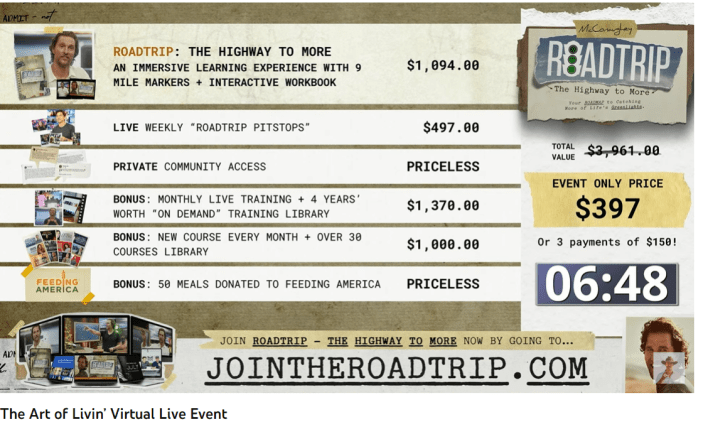
All that preamble, all that talk of doing the science to find the art –whatever that means–and being told to name it, claim it, declare it–whatever that means–all that admitting. That last item was the silver bullet McConaughey and co. couldn’t stop firing at the audience. Dean Graziosi, the chief salesman of Road Trip, who looked like a mad, cycling-obsessed dentist and kept talking about owning your future. McConaughey himself, who at one point read the dictionary definition of “selfish” before saying “true selfishness serves ourself and others.” Marie Forleo, the New York Times-bestselling soccer mom whose “top value” is “freedom” and said “the brain is a supercomputer that does what you tell it to.” Trent Shelton, the former NFL wide receiver turned motivational speaker, who shouted things like “Pain is temporary but giving up is forever” until he was hoarse. And the heavy hitter himself, Tony Robbins, the man everyone was waiting for but who was apparently so busy he couldn’t even be in the studio and had to video-call in, who looks like he was born jaw-first with a voice to match, who said “we’re all equal as souls but we’re not equal in the marketplace” and has never once in his entire career thought to dig a little deeper into that observation. All of these people, we are meant to believe, got to their levels of success because they admitted to themselves that they deserved better, needed to work harder, and had to stop making excuses.
“Admitting is how we start and tell the truth to ourselves, the person in the mirror,” Graziosi said in a follow-up video that, because these people don’t believe in editing, was somehow thirty minutes long. “And then it’s more you, and then it’s more evolving, and then it’s more freedom, and then there’s more balance, and then there’s more joy, and then there’s more cool and more abundance and more success, and there’s just more sprinkled through.” Admit to yourself that you need to spend however many weeks worth of utilities, groceries, and gas to figure out how to be better. Admit that, as Robbins said at one point, depression is a matter of physicality and posture, not brain chemistry.
This blend of therapyspeak, business vocabulary, and flagrant spiritual appropriation is everywhere. There has always been money to be made off others’ insecurity and fear, selling the idea that to be successful, one has to be a driven, solitary leader who upholds the hallowed values of the market. Rachel Monroe, in her profile of life coach Brooke Castillo, pored through Castillo’s podcast, which espouses much the same contradictory mix of altruism and capitalist striving. “‘You get to make a beautiful living. A living that is very lucrative and helps the planet,’ Castillo said in one episode. ‘Helping the mental and emotional health of the human species is a reward in and of itself, and on top of that, you get paid for it. It’s a beautiful thing, my friends.’”
By the end of the Art of Livin’, anyone who harbored confusion as to why Matthew McConaughey would want to ally himself with this crowd had their answer. It had already been made manifestly clear that nothing in life is free, that things are actually supposed to cost you something. Otherwise, the entire entrepreneurial definition of “earning” means nothing. In the days after the event, I got email after email urging me to act quickly before the full livestream archive was deleted, before the highlights reel went away, before the Art of Livin’ exclusive deal expired, before my motivation and momentum waned and I was stuck hitchhiking on the road to more when I could be in one of those giant pickup trucks bombing past the losers. Like Jesus, McConaughey has “a dream, a desire and an audacious, huge goal to help you (and all of us) unlock the best version of ourselves so that we can not only personally heal, grow and enjoy life on another level…”
The only thing I lost at the Art of Livin’ was some precious time I will never get back. For the people who have and will shill out for Road Trip, who will dutifully follow the months-long courses and bonus opportunities to better themselves through affiliate trainings and programs, all they will find at the end of this highway are some gold stars and a recurring payment.
